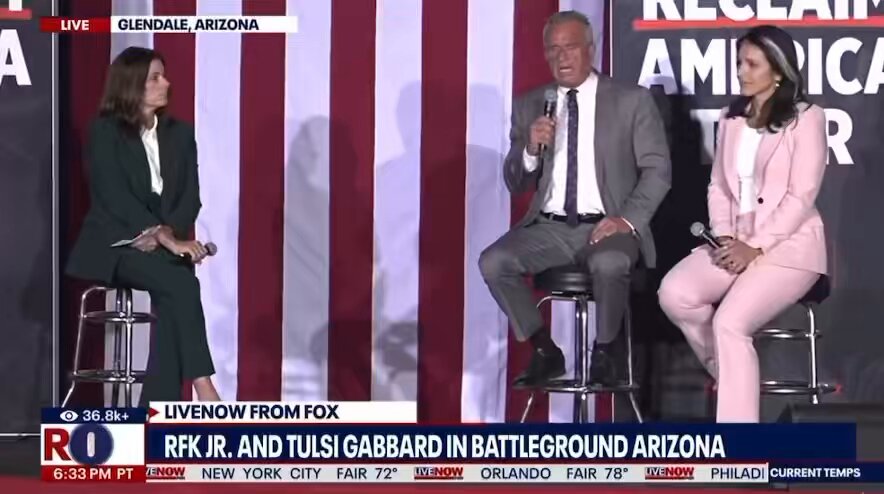Reposted by Robert F. Kennedy Jr
The statement by RFK Jr. addresses a public issue by discussing the endorsement of Vice President Harris by prominent neoconservative figures, which he frames as a significant event for the Democratic Party. This constitutes public discourse as it engages with political dynamics and public figures.
- The statement does not appear to cause harm directly, but it does use strong language ('neocons') which could be seen as pejorative. However, it does not cross into harmful rhetoric.Principle 1:I will strive to do no harm with my words and actions.
- The statement does not engage in cyberbullying, harassment, or hate speech. It critiques public figures based on their political actions and affiliations.Principle 2:I will respect the privacy and dignity of others and will not engage in cyberbullying, harassment, or hate speech.
- The statement does not explicitly promote understanding, empathy, or compassion. It is more focused on critiquing political alignments.Principle 3:I will use my words and actions to promote understanding, empathy, and compassion.
- The statement engages in criticism of political figures and their endorsements but does not resort to personal attacks or ad hominem arguments. It focuses on their political actions and affiliations.Principle 4:I will engage in constructive criticism and dialogue with those in disagreement and will not engage in personal attacks or ad hominem arguments.
- The statement uses RFK Jr.'s influence to highlight a political issue, which can be seen as an attempt to inform the public about political dynamics.Principle 6:I will use my influence for the betterment of society.
- The statement upholds the principles of free speech and uses the platform to discuss a public issue, though the tone is critical.Principle 7:I will uphold the principles of free speech and use my platform responsibly and with integrity.
